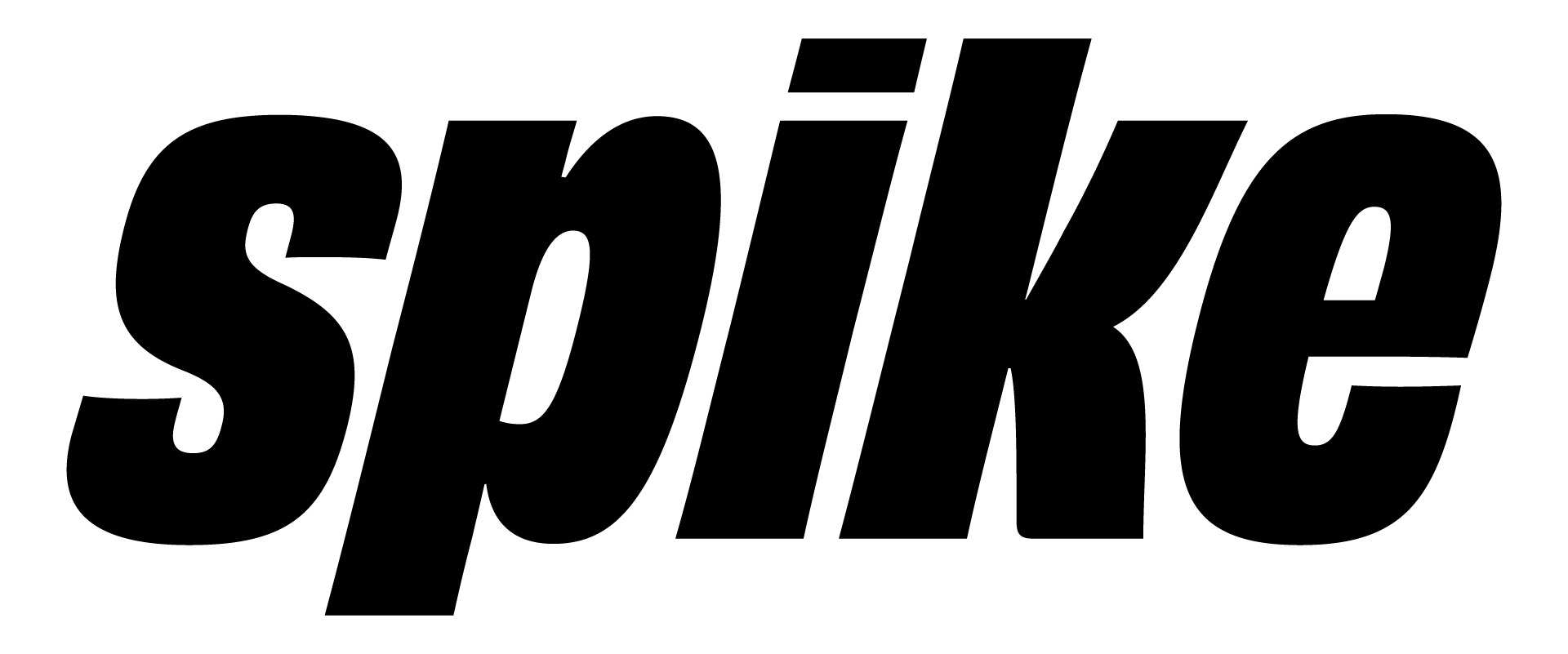The countries had objected to calls for all states to have equal rights to the governance of the internet. But the breaking point was the addition of text relating to "human rights".
It marks a setback for the UN's International Telecommunication Union (ITU) which had said it was sure it could deliver consensus.
"It's with a heavy heart and a sense of missed opportunities that the US must communicate that it's not able to sign the agreement in the current form," said Terry Kramer the US ambassador to the World Conference on International Telecommunications (Wcit). "The internet has given the world unimaginable economic and social benefit during these past 24 years."
Negotiators from Denmark, Italy, the Czech Republic, Sweden, Greece, Portugal, Finland, Chile, the Netherlands, New Zealand, Costa Rica and Kenya have said they would need to consult with their national governments about how to proceed and would also not be able to sign the treaty as planned on Friday.
In total 89 countries have signed the treaty and 55 have either reserved the right to do so later or ruled out ratifying it altogether.
Source: BBC News








